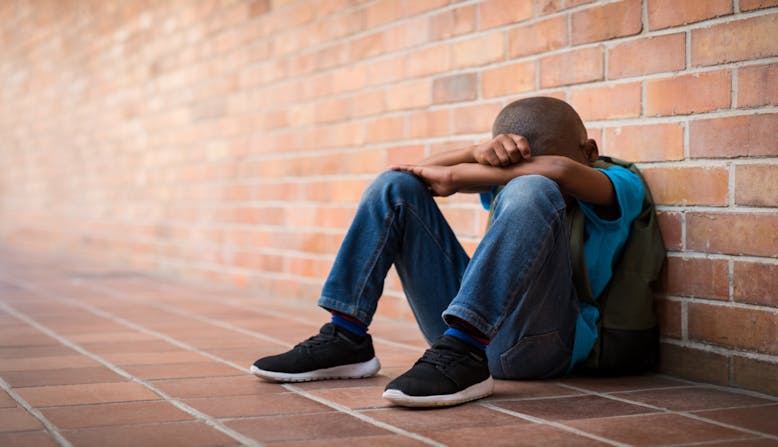Sometimes kids with psoriasis and psoriatic arthritis become targets for teasing or bullying because they’re perceived as being different. Bullying can take many forms such as:
- Physical (hitting, punching, beating)
- Verbal (teasing, name-calling, or making threats)
- Emotional intimidation or social exclusion
- Cyberbullying (harassment, impersonation, digital abuse) through social platforms, text, apps, forums, or online gaming communities.
To help address bullying remember the three “R’s”: Recognize. Respond. Report.



